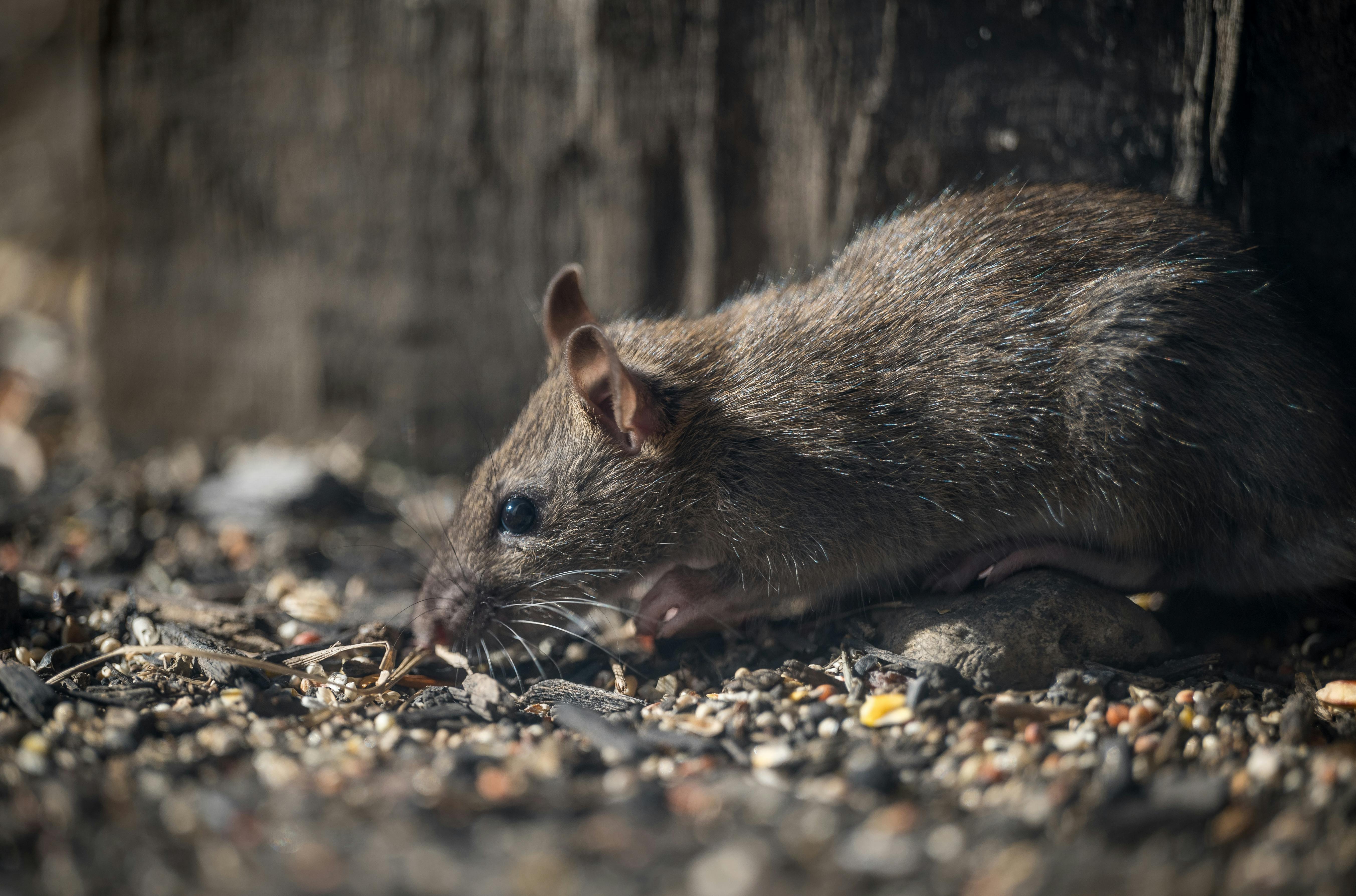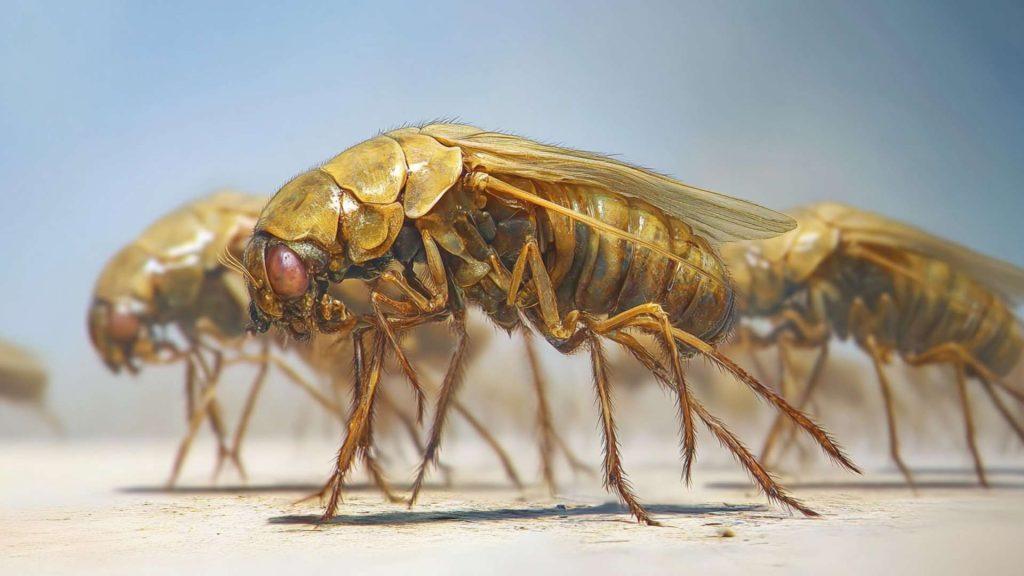Mice and rats are more than just unwelcome pests in your home—they can also be carriers of serious diseases. These rodents are known to spread illnesses through their droppings, urine, and saliva, but can they also spread diseases just by walking on surfaces? The answer is yes. Understanding how these rodents spread disease and what you can do to protect your home is crucial for maintaining a healthy environment.

 Myths and Facts About Rodents and Disease
Myths and Facts About Rodents and Disease
How Do Rats and Mice Spread Diseases?
Rats and spread many diseases to humans and other animals. One of the most infamous examples is the Black Death that killed millions in the 14th century. This plague was spread by fleas that lived on black rats, transmitting the Yersinia pestis bacterium to humans. While the conditions that led to the Black Death are not present today, rats and mice continue to be carriers of various diseases. These rodents can spread diseases through direct contact with their urine, faeces, or saliva. When they walk on surfaces, they can leave behind pathogens that can infect humans through direct contact or by infecting food and water sources. For example, when a rat walks across a kitchen counter, it can leave behind bacteria, which can lead to food poisoning if it contaminates food preparation areas. Similarly, Leptospira bacteria, which causes leptospirosis, can be spread through the urine of infected rats and mice.
What Diseases Do Mice and Rats Carry?
Mice and rats can carry several diseases that pose significant health risks. In the UK and other regions, diseases such as hantavirus, leptospirosis, and salmonellosis are commonly associated with these rodents. Hantavirus is particularly dangerous as it can be fatal and is primarily spread through contact with rodent droppings, urine, or saliva. Leptospirosis, another serious disease, can be transmitted when humans come into contact with water or surfaces contaminated with the urine of infected rodents. Symptoms include mild flu-like signs and severe complications like kidney or liver damage. Salmonellosis, which is caused by Salmonella bacteria, often leads to gastrointestinal distress and is commonly spread by rodents contaminating food or surfaces in kitchens. Mice droppings, in particular, can be a source of multiple diseases. For instance, hantavirus is a concern in North America and Europe, as it can be contracted by inhaling dust having infected mouse droppings. It can cause respiratory illness and even death if not treated promptly.How Did Rats Spread the Black Death?
The Black Death, or bubonic plague, was primarily spread through fleas that infested black rats. These fleas carried the bacterium Yersinia pestis, which they transmitted to humans through bites. While the direct transmission from rats to humans was less common, the role of rats in spreading the fleas that carried the disease was crucial.Prevention Tips to Protect Your Home
Preventing rodent infestations is essential to reducing the risk of disease transmission. Here are some practical tips:- Make sure that all potential entry points, such as cracks in walls, gaps under doors, and openings around pipes, are sealed to prevent rodents from entering your home.
- Store food in tightly closed containers and wipe off any spillage immediately to reduce the attraction for rodents.
- Regularly clean food preparation and storage areas, and avoid leaving pet food out overnight.
- Use traps and baits to control the population if you suspect an infestation. Be sure to place them in areas where rodents are active.
- Frequently check your home for signs of rodent activity, such as droppings, gnaw marks, or nesting materials.
 Myths and Facts About Rodents and Disease
Myths and Facts About Rodents and Disease
| Myth | Fact |
| Only wild rodents carry diseases. | Both wild and domesticated rodents can carry and spread diseases. |
| You can’t get sick from just touching a surface rodents walked on. | Rodents can spread diseases by contaminating surfaces with their urine or droppings. |
| Rodents are only a problem in dirty homes. | Rodents can infest any home if they find food, water, and shelter. |
| Cats can completely prevent rodent infestations. | While cats can deter rodents, they are not a foolproof solution for keeping them out. |
| Rats no longer spread serious diseases like in the past. | Rats still carry and spread several serious diseases, though conditions have improved. |


